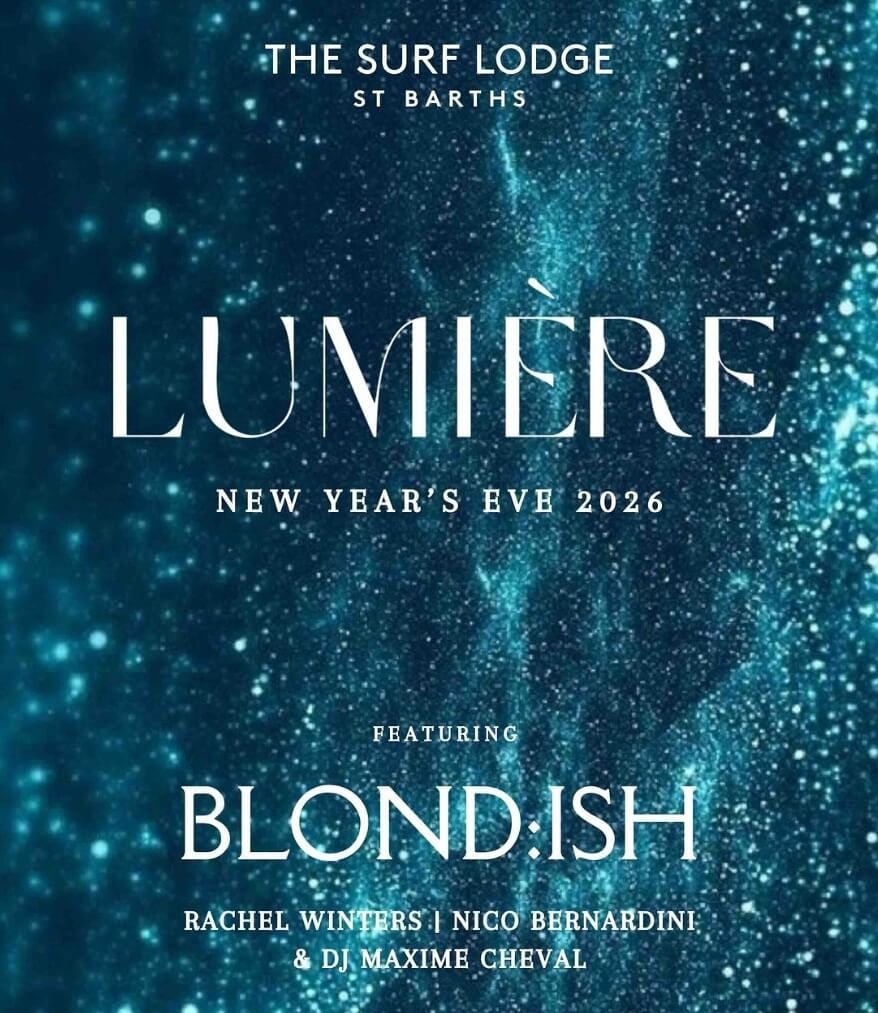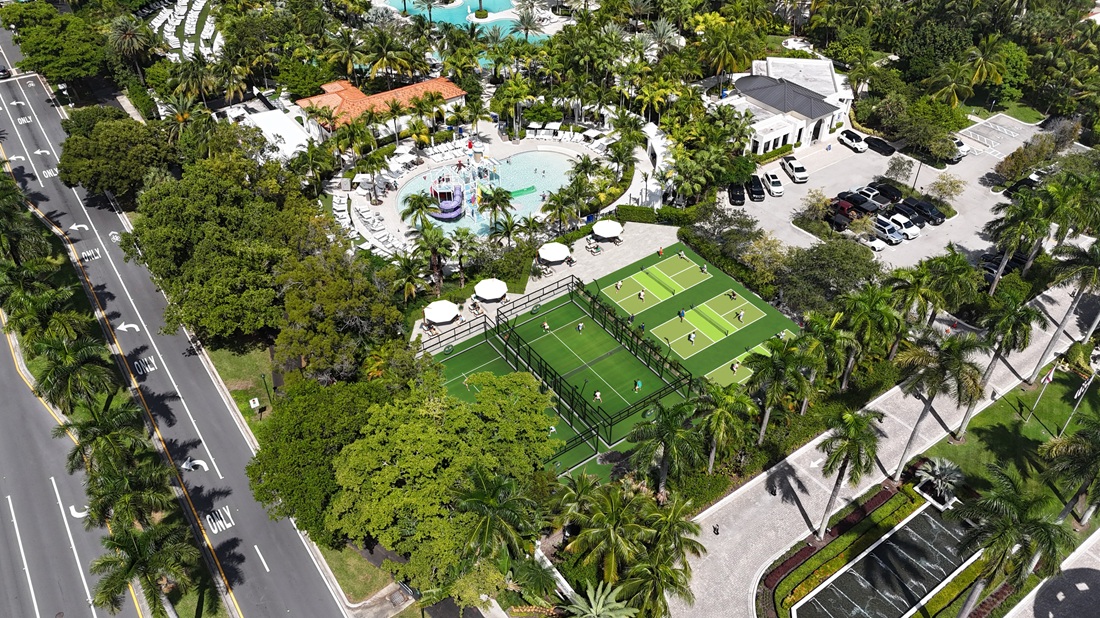Federal Rulings: Fate of Delta 8?

A recent ruling by the U.S. Court of Appeals for the Ninth Circuit has reaffirmed that Delta-8 THC was indeed legalized nationwide by the 2018 Farm Bill, which federally legalized hemp and other cannabis plants that contain extremely low concentrations of Delta-9 THC.
Most people who are acquainted with marijuana are aware that its psychoactive ingredient is a chemical compound called tetrahydrocannabinol, commonly known as THC. Federal law holds that cannabis containing a concentration of THC in excess of 0.3 percent equals marijuana.
But cannabis plants contain more than one THC compound. The primary one that gets you high is called Delta-9 THC. And that’s the one the federal government focuses on when differentiating marijuana (illegal) from hemp (legal).
But cannabis plants also contain a compound called Delta-8 THC. Delta-8 isn’t nearly as psychoactive as Delta-9, but that doesn’t mean it’s, y’know, inert. And it just so happens that Delta-8 THC teeters just on the legal side of the 0.3 percent concentration threshold.
Because it isn’t considered marijuana, Delta-8 THC has become a very popular product at stores that aren’t authorized to sell marijuana. And for that same reason, the trendy cannabinoid has resided in a murky legal area as various agencies and officials have disagreed about how best to regulate it.
Buying delta-8 in Florida
Since hemp-derived delta-8 THC is legal in Florida, you’re able to purchase delta-8 products from licensed online vendors and in some retail stores.
There are several licensed retail shops located across Florida, not only in Miami but also in Crawfordville, Tallahassee, Clermont, and Clearwater Beach. Many of these dispensaries sell a variety of hemp delta-8 THC products, including delta-8 vape cartridges, gummies, and distillates, as well as a wide range of hemp-derived CBD products.

The future for delta-8 THC in Florida
The DEA recently issued an Interim Final Rule in an attempt to clarify the definition of synthetic cannabinoids and how it applies to delta-8. It states all synthetically-derived tetrahydrocannabinols must be federally regulated under Schedule I of the Controlled Substances Act.
Since only 1% is present in hemp plants, delta-8 is known as a minor cannabinoid. This percentage certainly isn’t enough to viably create delta-8 products, so producers are forced to be a little bit more creative.
In order for producers to make enough delta-8 THC, a structural isomerization process converting CBD into delta-8 using chemicals takes place under laboratory conditions. Structural isomerization means taking one substance and converting it into another substance by making slight alterations to its molecular structure. In the eyes of the DEA, this process might meet the definition of “synthetically derived”, which means it’s a synthetic cannabinoid, technically a controlled substance, and potentially illegal across the United States.
Written in partnership with TedFuel












